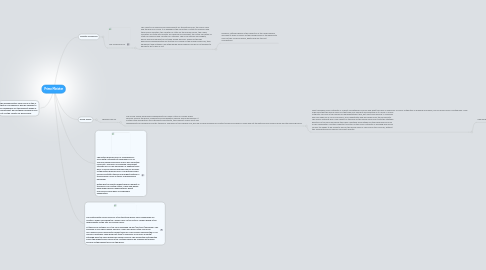
1. the primeministers main role in all this is that he is incharge of who he chooses to be responsible for the different heads of department, he has these because he can not run the country by hiself alone.
2. Ministry of Defence
2.1. Phil Hammond MP
2.1.1. The Ministry of Defence has responsibility for the British Army, the Royal Navy and the Royal Air Force. It is headed by the Secretary of State for Defence and three junior ministers, the Minister of State for the Armed Forces, the Under Secretary of State and Minister for Defence Procurement, the Under Secretary of State for Defence and Minister for Veterans. The MOD decides on budgets, policy and procurement for all three armed services. Aswell as this phil hammonds responsibilities are that he is in charge of the armed forces pay, their equipment and veterans care although he has a powerful job he is not allowed to decide to go to war or not.
2.1.1.1. Defence Vetting Agency is the inspector of the mod basically and what it does is checks all the backgrounds of the applicants such as their criminal record, health and any terroist connections.
3. Home Office
3.1. Theresa May MP
3.1.1. The Home Office has primary responsibility for many of the UK civilian public services such as the police, passports and immigration service and drugs policies. It contains the Immigration and Nationality Directorate, the Passport Office and it has responsibility for homeland counter-terrorism. The head of this Theresa May, her job is being incharge of counter terroism and every 3 years she set the national police plan e.g pay and the policing policy.
3.1.1.1. West Yorkshire Police Authority is a direct link between councils and what this does is There are 43 Police Authorities in England and Wales, one for every police constabulary. They make sure that the police service in that area is as efficient and effective as it can be. A Police Authority can vary in the number of representatives it has, but most have around 17 members who are made up of local councillors, local magistrates and lay people from the community. The Police Authority has a real impact on the work of the police service as it sets the strategic direction of the force and holds the Chief Constable accountable for the performance of his or her organisation. Another important function of the Police Authority is deciding how much council tax needs to be raised to pay for the police service. The council tax is crucial, without this funding the police service could not operate.
3.1.1.1.1. New node
